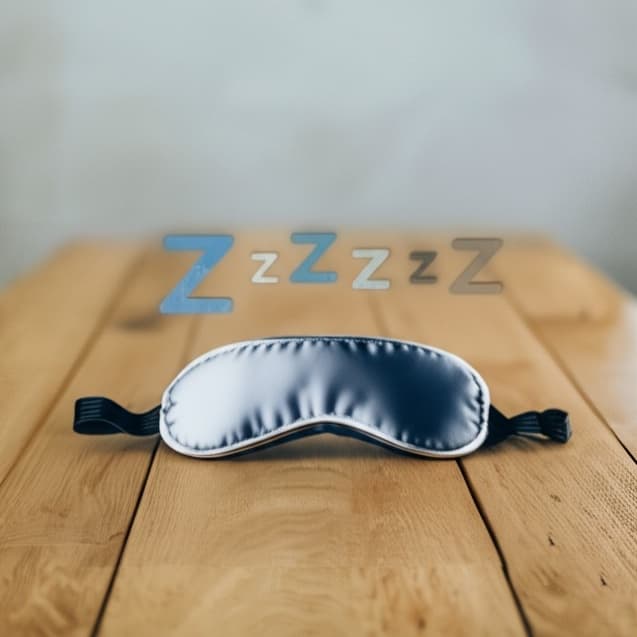
How Caffeine Affects Your Sleep Cycle
Caffeine is a central nervous system stimulant that can significantly impact your sleep patterns. When consumed, it blocks adenosine receptors in your brain, preventing the feeling of drowsiness that typically builds up throughout the day.
The Science Behind Caffeine and Sleep
Adenosine is a neurotransmitter that promotes sleep and suppresses arousal. As adenosine levels increase throughout the day, we become more tired. Caffeine blocks adenosine receptors, preventing this natural process from occurring.
Research has shown that consuming caffeine even 6 hours before bedtime can reduce total sleep time by more than 1 hour. The half-life of caffeine in the body is approximately 5-6 hours, meaning half of the caffeine you consume remains in your system that many hours later.
Tips for Minimizing Caffeine's Impact on Sleep
- Limit caffeine consumption to the morning hours
- Reduce overall caffeine intake
- Switch to decaffeinated options in the afternoon
- Be aware of hidden sources of caffeine in medications and foods
- Establish a consistent sleep schedule
By being mindful of when and how much caffeine you consume, you can enjoy your favorite beverages while still getting the restful sleep your body needs.
Advertisement Space
Your ad could be here